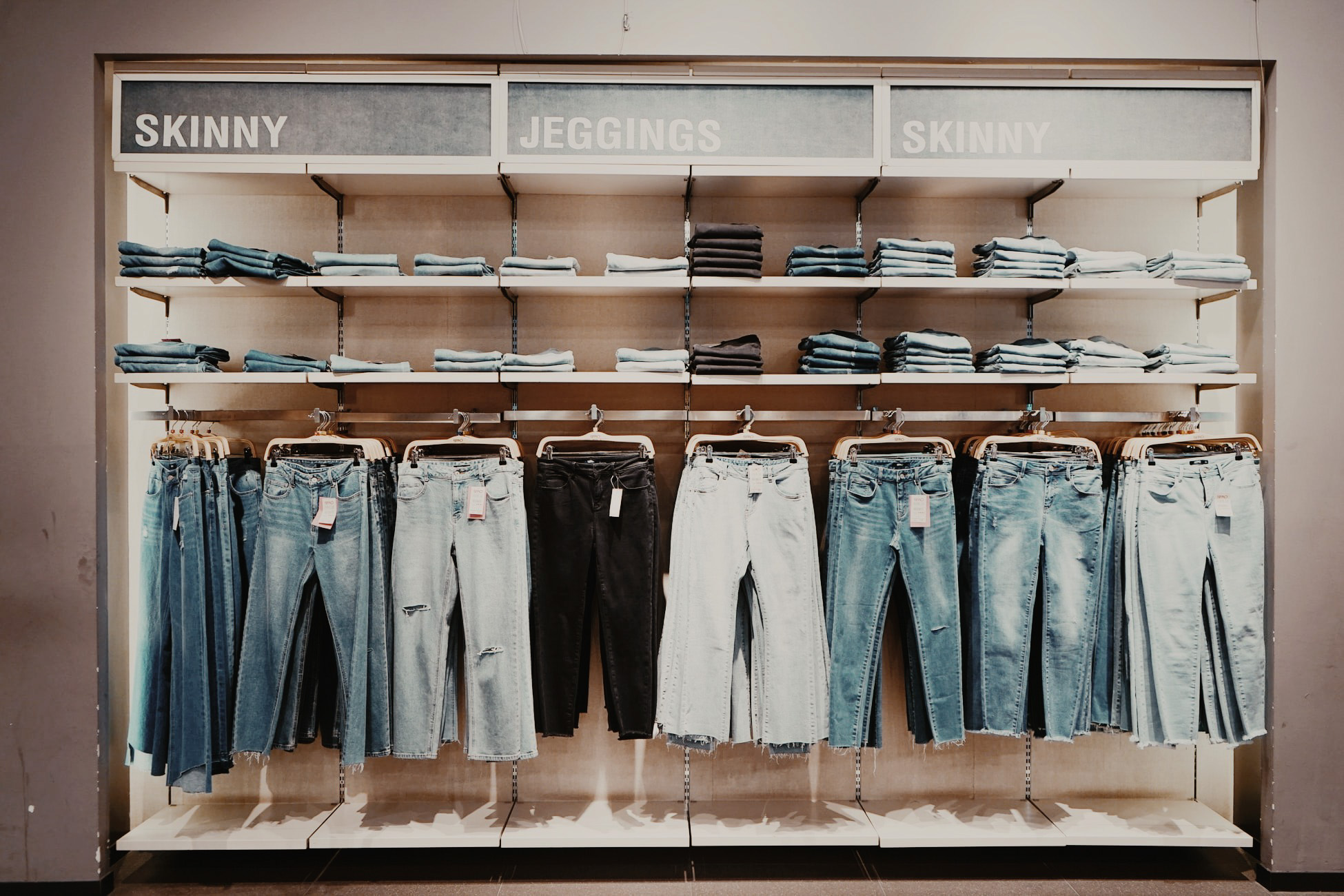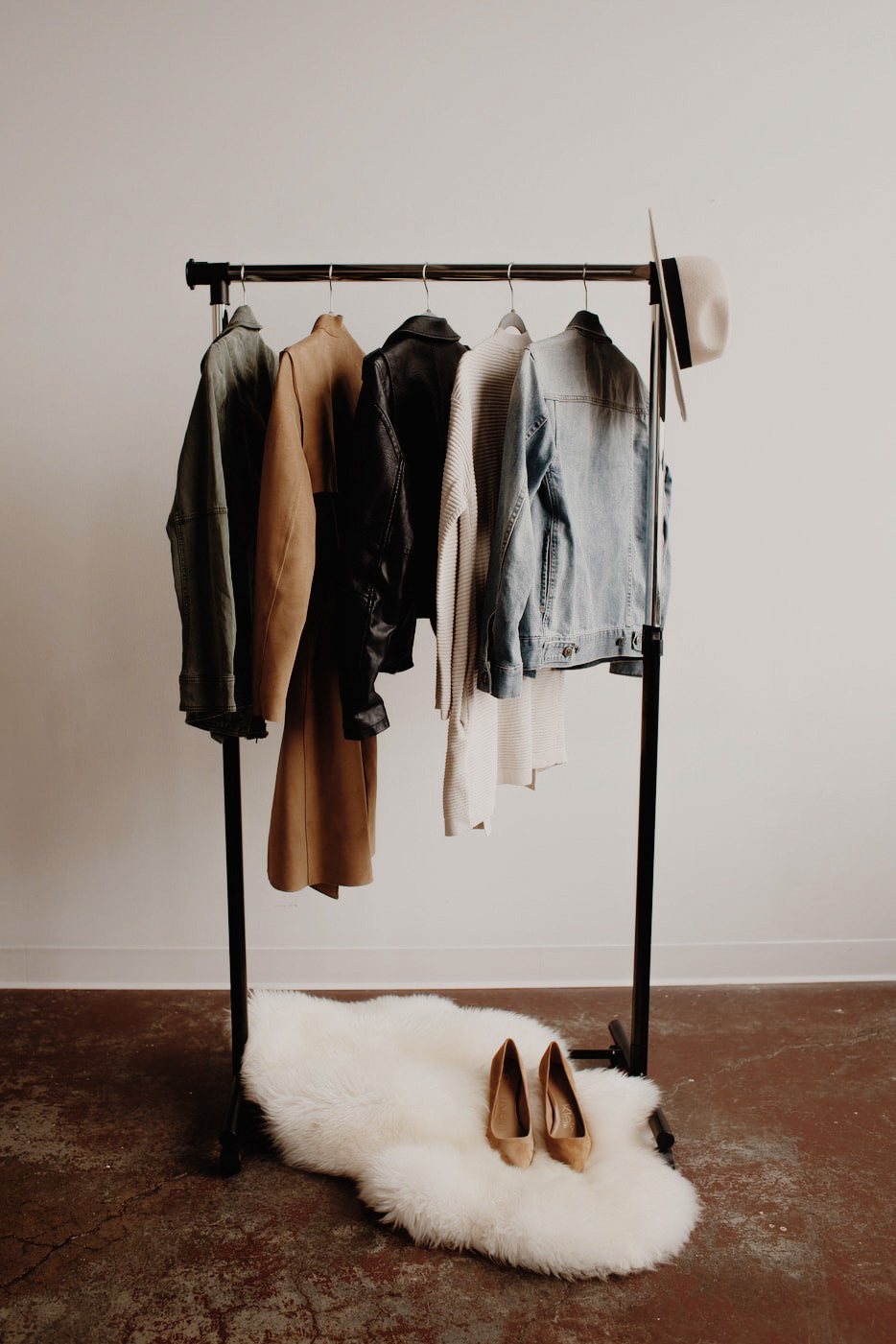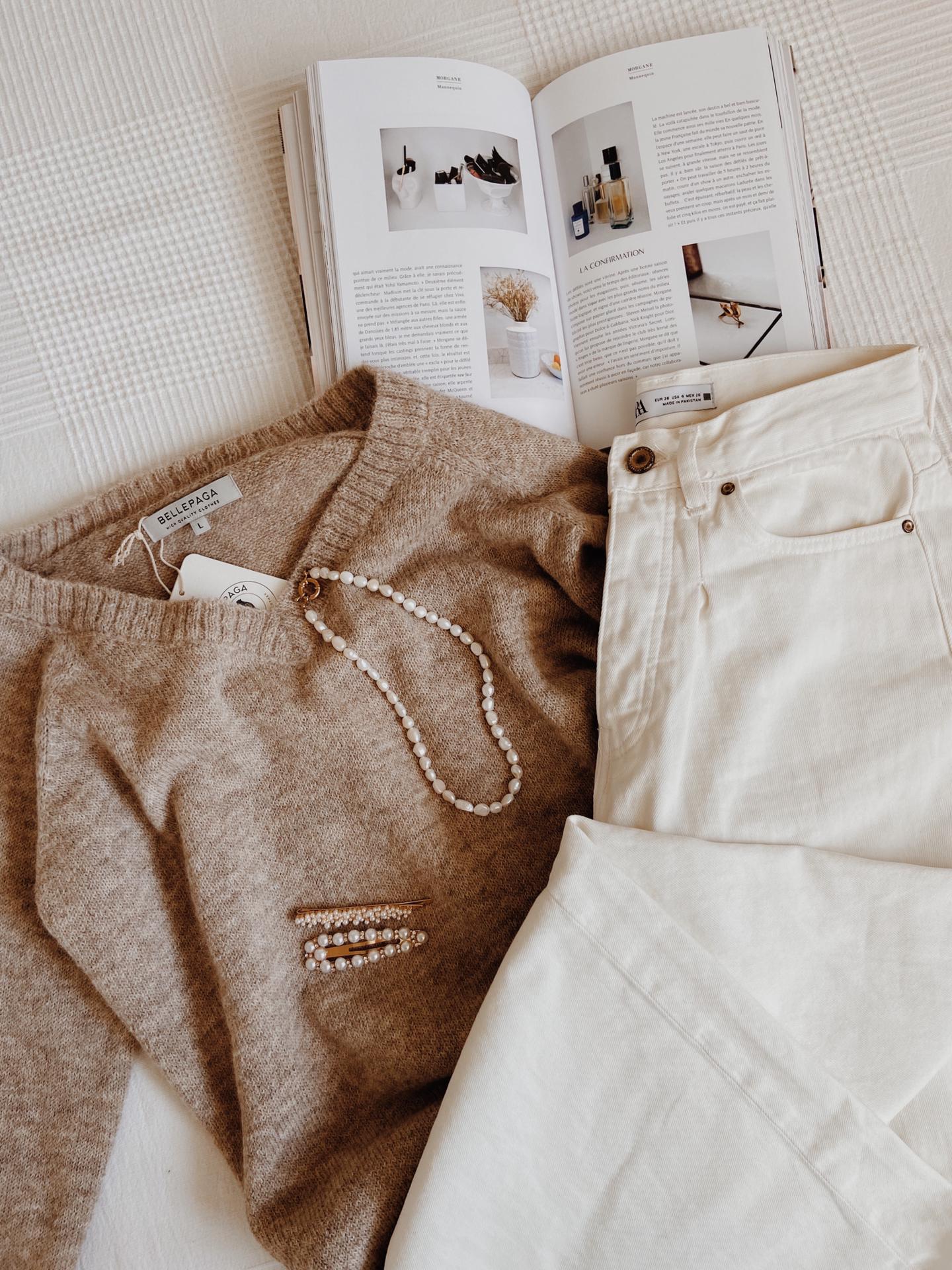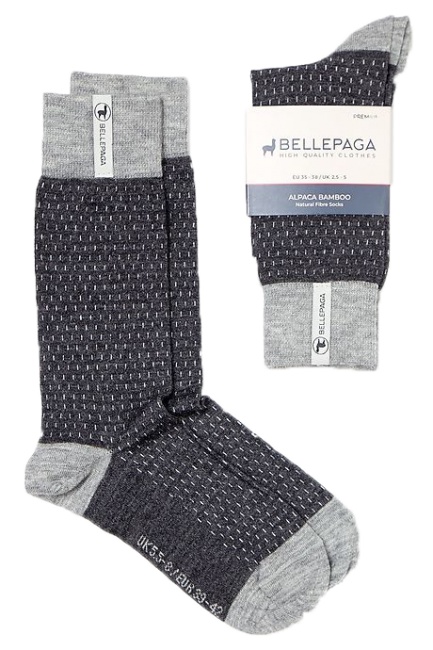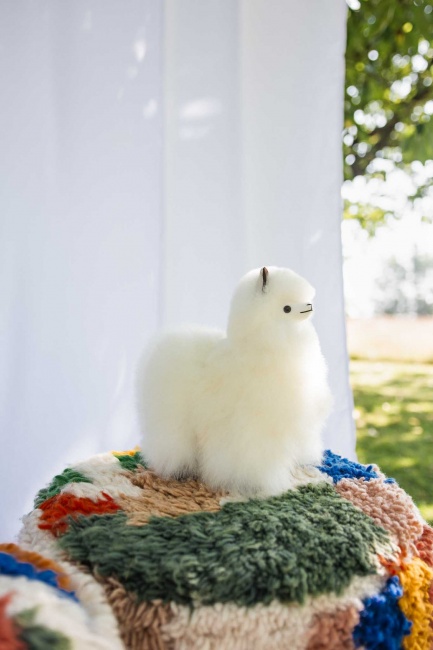All about slow fashion
What is slow fashion ?
We live in a world where the textile industry is one of the most polluting in the world. It alone accounts for 20% of water pollution and produces 1.2 billion tonnes of CO2, which is more than the shipping and aviation industries combined. The new monthly collections of ready-to-wear brands push us to buy in excess and easily replace our old clothes, leading to a phenomenon of over-consumption. Indeed, 80 to 100 billion items of clothing are produced and sold every year worldwide and many of them will end up being incinerated or thrown away after being worn, on average, only 7 times.
Most of us buy clothes on a whim or for pure pleasure without realising the socio-ecological consequences.
Slow fashion aims to reverse this trend. This responsible mode of consumption favours the quality of clothes over their quantity while respecting their mode of production. In contrast to over-consumption, eco-responsible clothes are produced in small quantities in order to limit over-production, and therefore waste and pollution. They are made of durable, high-quality materials so that they can be kept for a long time, and so that people can be more sensible about their textile consumption.
The price of sustainable clothing is therefore justified by the choice of these materials, the fair remuneration of the workers and production carried out under good conditions, with real know-how.
How to become a slow-fashion enthousiast ?
In order to have a positive impact or at least limit the negative effects of fast fashion, nothing is better than adopting ethical fashion. Here are 8 tips for better consumption:
1) Favour second-hand clothes: In order to get rid of the clothes lying dormant in our wardrobes, many platforms such as Vinted, Patatam and Ethic2Hand exist. These are a sustainable solution to fast fashion and allow you to buy economically and ecologically while enjoying yourself. If you don't like buying on the internet, thrift shops are a good alternative.
2) Renting clothes: If you want to wear an unusual item of clothing for a specific occasion, there is nothing better than renting your outfit. This limits our expenses while consuming ethically and responsibly, without getting tired of dressing up.
3) Clothing exchange: Exchanging clothes is a way to get rid of our old clothes and renew our wardrobe without it costing us a cent!
4) Giving a second life: Sewing up holes or reinventing old clothes contributes to slow fashion. This creative, enjoyable and satisfying step allows us to make new clothes from old.
5) Donate your clothes: It is important to get into the habit of donating clothes rather than throwing them away. This gives a new life to your items and makes people in need happy.
6) Buy local: Buying local helps the regional economy and avoids long transports of items.
7) Take care of your clothes properly: In order to increase the life span of your clothes, read the label correctly, respect what it says and avoid repeated machine washing.
8) Buy sustainable clothes: If you want to buy new clothes, choose ethical and sustainable fashion. Find out where and how your garment was made, and whether it is made from natural materials. If you follow the above tips, you will probably save money to buy better quality clothes that are produced with respect for people and the planet. To find brands committed to slow fashion, the Clear Fashion mobile application will guide you perfectly in your choices.
BellePaga, eco-friendly fashion brand
The creators of the brand, Guillaume and Arnaud, regularly check the good working conditions of their employees and ensure that they are fairly paid.
Each product is presented in an ecological packaging and the diversity of the colour of the alpaca wool allows a minimal or zero use of chemical dyes, often allergenic.
BellePaga, by putting people, the planet and traditional know-how at the centre of its concerns, offers ethical products that each have a story and a positive impact on these three points.
To find out more, go to Our Values.
Discover our alpaca wool products on www.bellepaga.com

